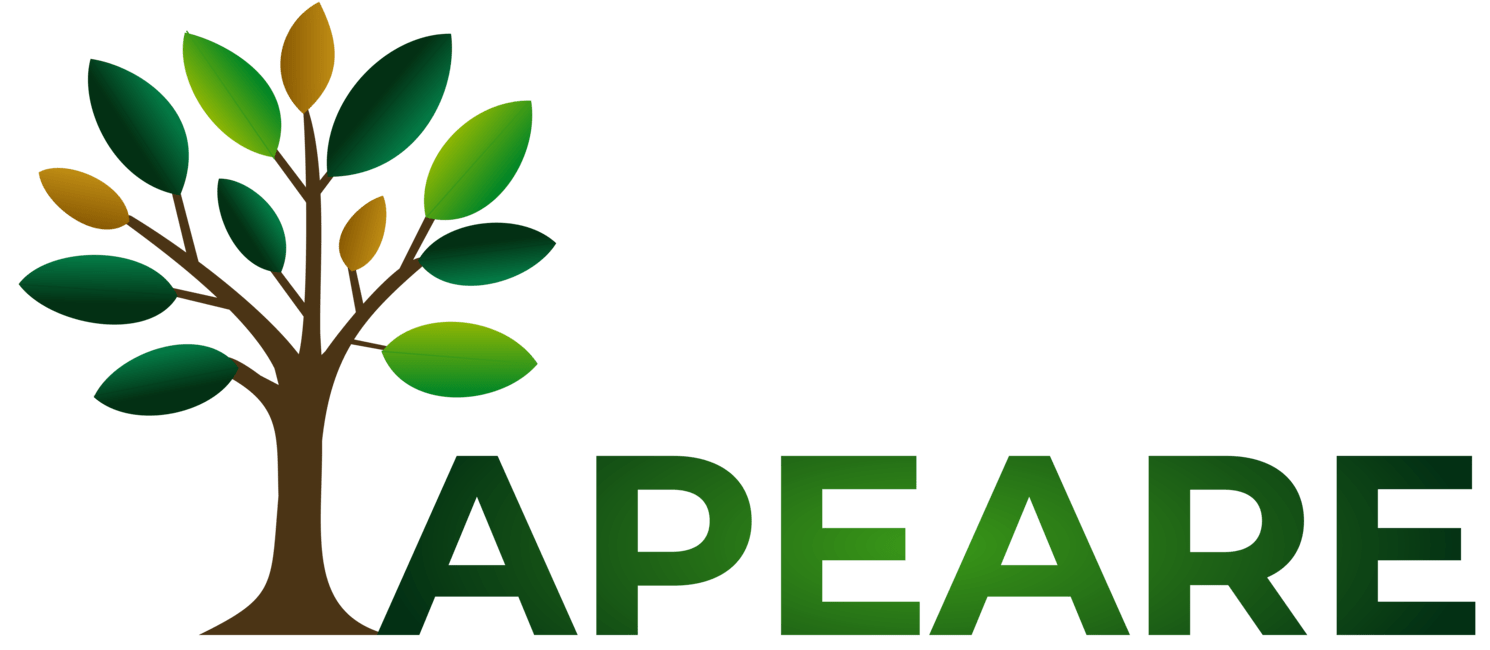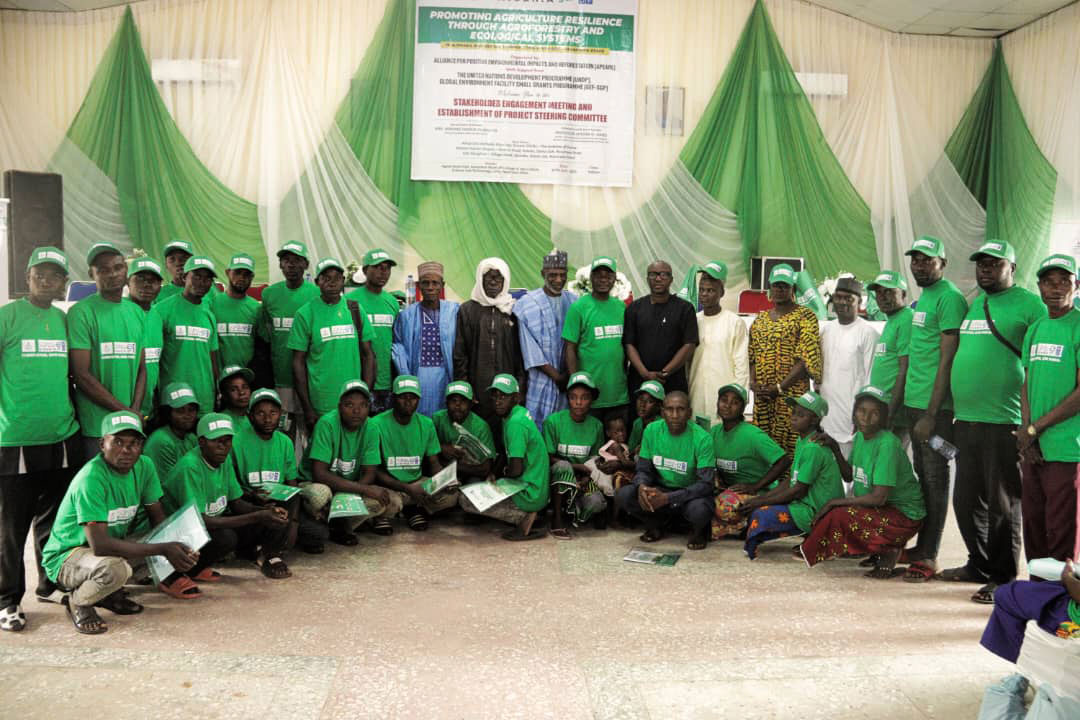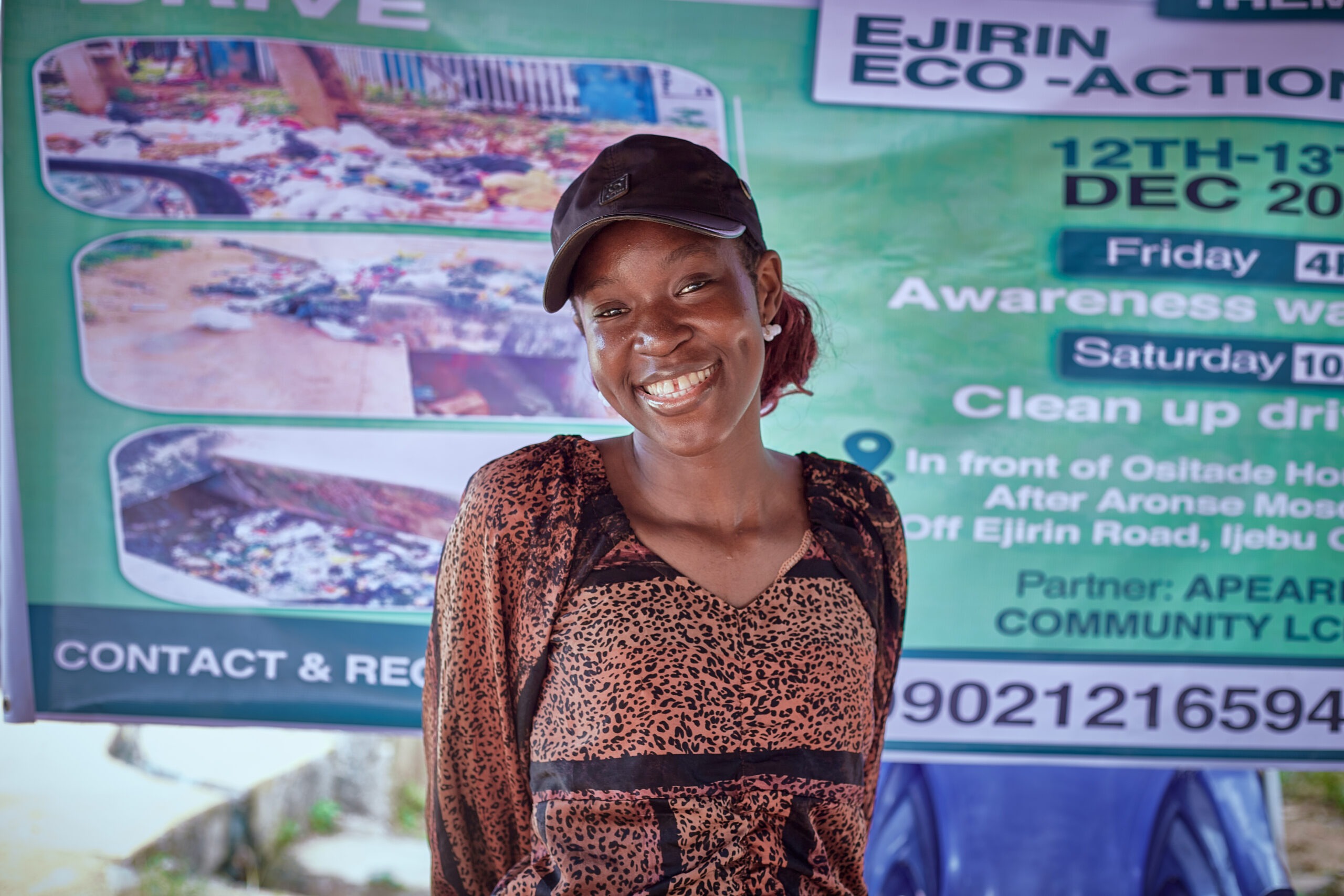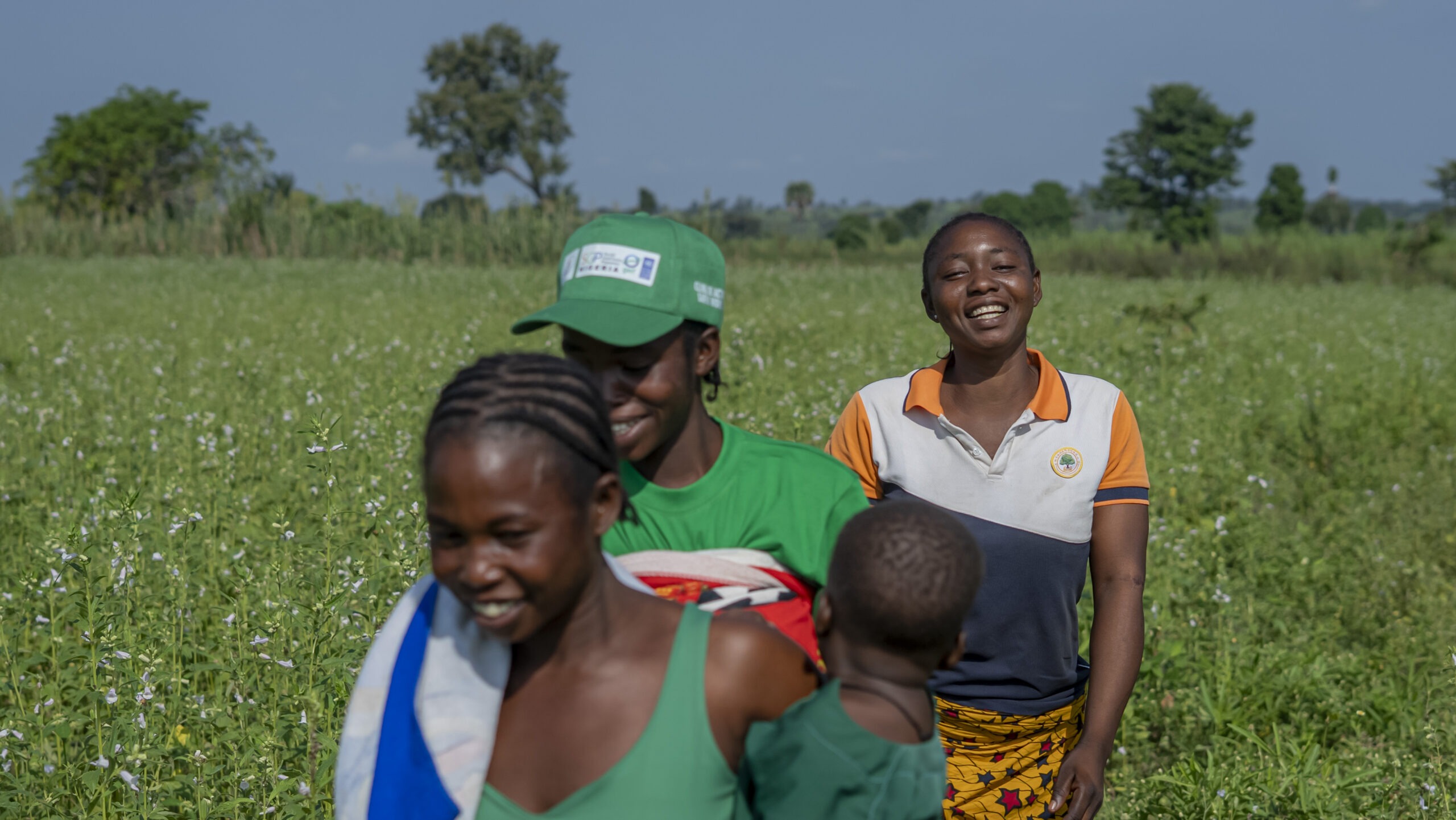Two communities—Ajimaka and Rukubi in Doma LGA—are emerging as epicenters of Nigeria’s agroforestry revival. With the strategic support of the UNDP Global Environment Facility Small Grants Programme (GEF-SGP Nigeria), these semi-arid areas are becoming fertile ground for ecological restoration and community empowerment.
Why Agroforestry, Why Now?
Facing challenges of deforestation, erratic rainfall, and land degradation, agroforestry presents a holistic solution. The project introduces native tree species into farmlands, integrates climate-smart techniques, and fosters inclusive participation across age and gender.
Core Objectives:
- Boost local biodiversity through indigenous trees
- Strengthen climate resilience for farming communities
- Empower youth and women via eco-livelihoods
- Improve soil fertility and reduce erosion
Our Leadership Role
We are driving grassroots mobilization and technical implementation. In collaboration with local farmers, traditional councils, and youth-led collectives, APEARE is mapping out climate-smart agroforestry zones, distributing seedlings, and conducting intensive training on soil health, intercropping, and biodiversity.
“The support from UNDP GEF-SGP is not just funding; it’s an endorsement of local innovation and ecological justice,” Iduh J.J. Otene, Executive Director at APEARE.
Global Goals, Local Action
The agroforestry revolution in Ajimaka and Rukubi aligns with:
- SDG 13: Climate Action
- SDG 15: Life on Land
- SDG 17: Partnerships for the Goals
With support from UNDP GEF-SGP Nigeria, local efforts are now linked to global momentum, creating a model for replication across Nigeria’s desertification belt.
What’s Ahead
- Land preparation across 200 hectares
- Planting 5,000 seedlings of Tenera (high-yielding oil palm)
- Planting 5,000 seedlings of Locust beans (Parkia biglobosa)
- Planting of improved varieties of sesame seeds
This phase will enhance ecological recovery and unlock income-generating pathways for over 200 local households.
Be Part of the Shift
To amplify awareness and action, APEARE is encouraging stakeholders, partners, and citizens to engage with this project at every level. Whether you’re a policymaker, researcher, local farmer, or student of sustainability, there’s a role for everyone, be it through resource sharing, advocacy, or direct collaboration. By linking grassroots efforts to global frameworks like the SDGs, this work demonstrates that inclusive governance and nature-based solutions are not abstract ideals; they are active realities being cultivated in Nasarawa.
This isn’t just a story about agriculture; it’s about transformation. In a region where vulnerability to climate extremes has long been the norm, Ajimaka and Rukubi now stand as living testaments to what is possible when communities own their resilience journey. Thanks to UNDP GEF-SGP Nigeria, what began with a conversation and a seedling is fast becoming a movement. Click here for event pictures.
The seeds are in the ground, the future is sprouting.




